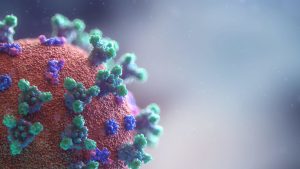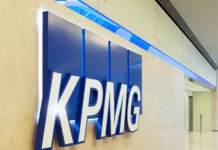As the world gets ready to receive the first doses of the COVID-19 vaccine, some countries are still struggling with adequate testing. India, in particular, has had a difficult time administering tests to its citizens.
Back in April, the country had almost 200 state-run and private labs conducting tests, but 123 state-run labs were operating at only 36% capacity. In addition, 49 accredited private labs were performing an average of eight tests each. As a result, the government’s Centre for Cellular and Molecular Platforms (C-CAMP) launched a platform to boost the production of the COVID-19 diagnostic test-kits to a million per day.
The project, funded by the Rockefeller Foundation and called the Indigenisation of Diagnostics (InDx), was created to build a scalable supply-chain ecosystem of Indian MSMEs that could produce large quantities of the components needed for COVID-19 test kits. InDx aims to eliminate supply chain bottlenecks and ensure that necessary quality standards are met. In addition, it will help MSMEs expand their business opportunities and improve the healthcare system.
Yet even with this new platform, the government will still have difficulty meeting its goals. So, Tata Consultancy Services (TCS), C-CAMP’s technology partner, recently announced that it deployed a blockchain-based digital supply chain platform to manage the MSME ecosystem.
“The success of this initiative sets an example for how ecosystem-based partnerships can be put to work for other mission-mode programs of national importance,” said Dinanath Kholkar, Global Head of Analytics and Insights at TCS.
TCS has pledged $200 million to help communities impacted by the pandemic. In addition, it has been utilizing its technology throughout, including launching the COVID-19 patient tracker; a platform for clinical trials systems to rapidly collate data in collaboration with pharma and medical institutions; drug molecule discovery; and exploring ideas for affordable and effective ventilators and kits.
The company has also provided personal protective equipment for frontline workers, respiratory systems for treating increasing cases, testing kits to increase per capita testing, and has set up modular treatment facilities for infected patients and the training of health workers as well as the general public.

























